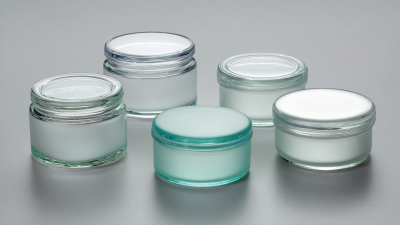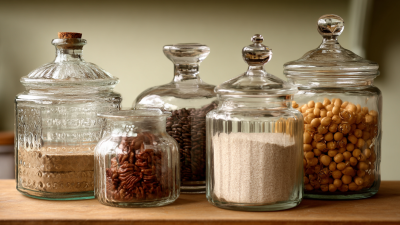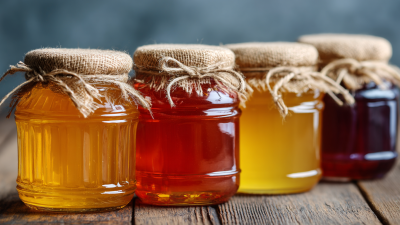
In recent years, the kitchenware industry has witnessed a significant shift towards sustainable and efficient food storage solutions, with consumers increasingly prioritizing health and convenience. Among the various options available, Glass Sealing Lids have emerged as a preferred choice due to their ability to preserve freshness and enhance the longevity of stored food. According to a 2023 market research report, the demand for glass storage products has increased by over 25% in the past two years, highlighting a growing consumer inclination towards environmentally friendly alternatives to plastic.
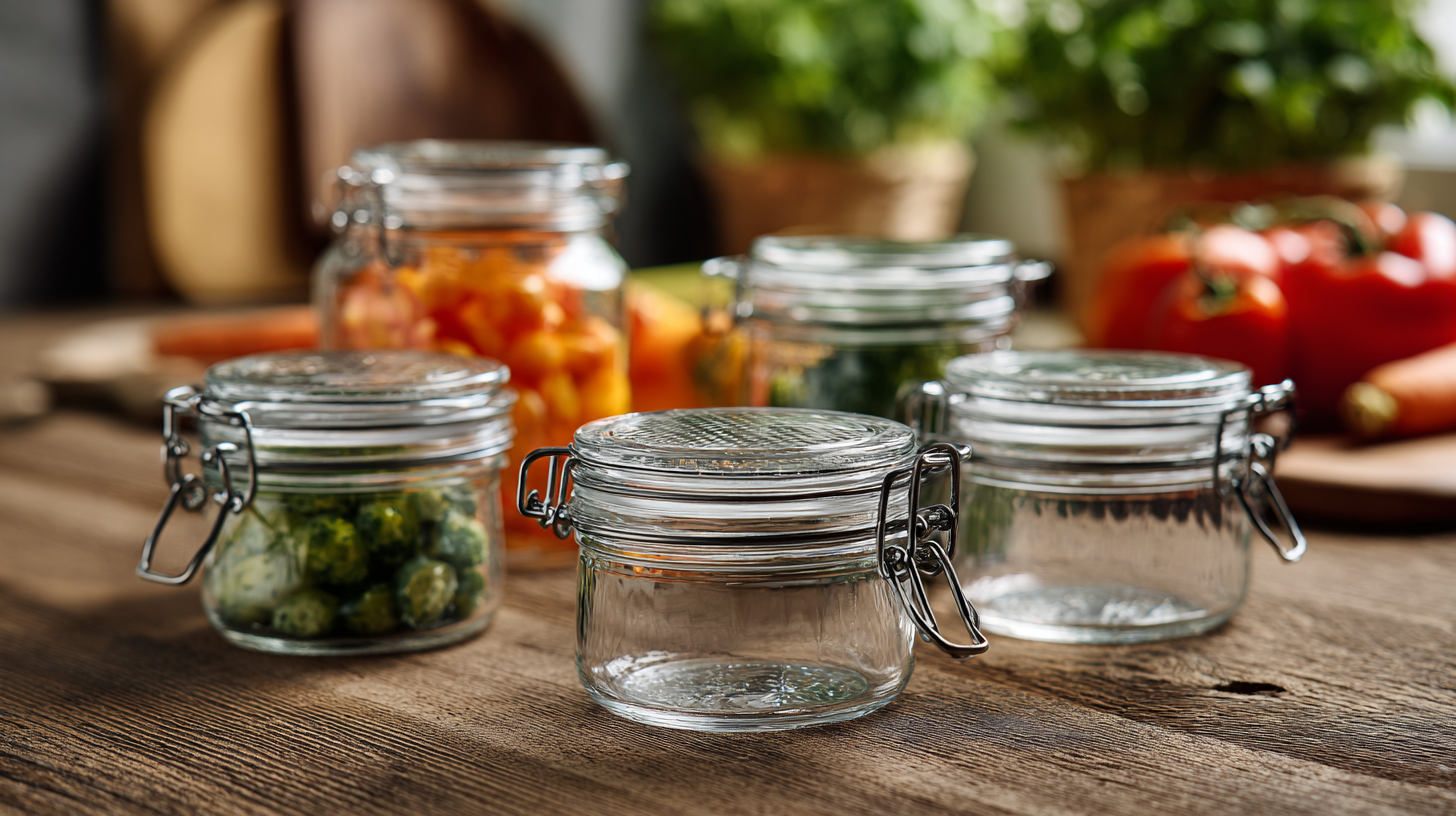
When it comes to preserving food freshness and convenience, glass sealing lids have become an essential feature in modern food storage solutions. Research indicates that airtight containers are significantly more effective in preventing food spoilage, with studies showing that 75% of fruits and vegetables stay fresher longer when stored in such containers. Glass sealing lids are designed to create a vacuum seal, eliminating air exposure, which is a primary factor in food degradation. This design not only keeps your food vibrant and flavorful but also reduces food waste.
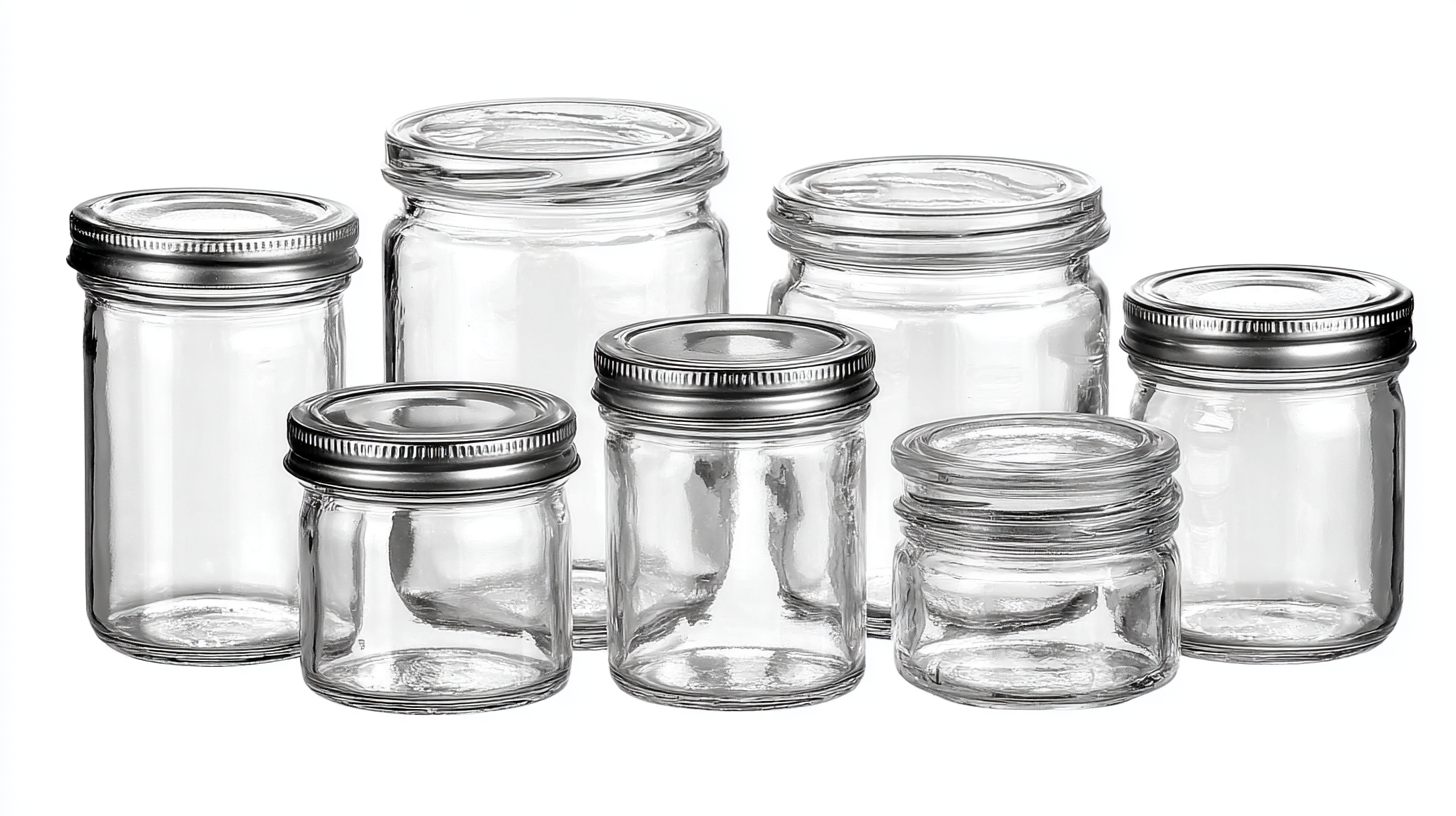
Moreover, the durability of glass compared to plastic is another critical advantage. Tests reveal that glass containers are less prone to staining and retain no odors from previous food storage, making them a healthier option for long-term use. In addition, many modern glass sealing lids feature silicone sealing gaskets, which enhance leak-proof capabilities, ensuring that liquids remain where they belong, thus protecting your refrigerator from spills. This trend towards glass provides a chemical-free alternative to plastic, attracting health-conscious consumers looking for safer kitchen solutions.
In 2023, the debate over glass sealing lids versus plastic alternatives continues to gain traction, particularly in the context of food storage. Glass sealing lids are celebrated for their superior freshness retention; according to a recent market analysis, the global die cut lids market is projected to reach USD 1,840.5 million by 2034, growing at a CAGR of 7.3%. This suggests a rising consumer preference for durable, environmentally friendly packaging options, which many believe glass provides over plastic.
Moreover, a comparative life cycle assessment has highlighted the advantages of glass over disposable materials, such as those made from biocomposites. These assessments indicate that glass sealing lids not only prolong the shelf life of food items but also offer a sustainable solution to single-use plastics. As consumers become increasingly conscious about their choices, glass sealing lids emerge as a practical alternative, aligning with the growing trend towards sustainability in food storage solutions. With brands focusing on innovation and quality, it is clear that glass sealing lids are becoming a staple in modern kitchens.
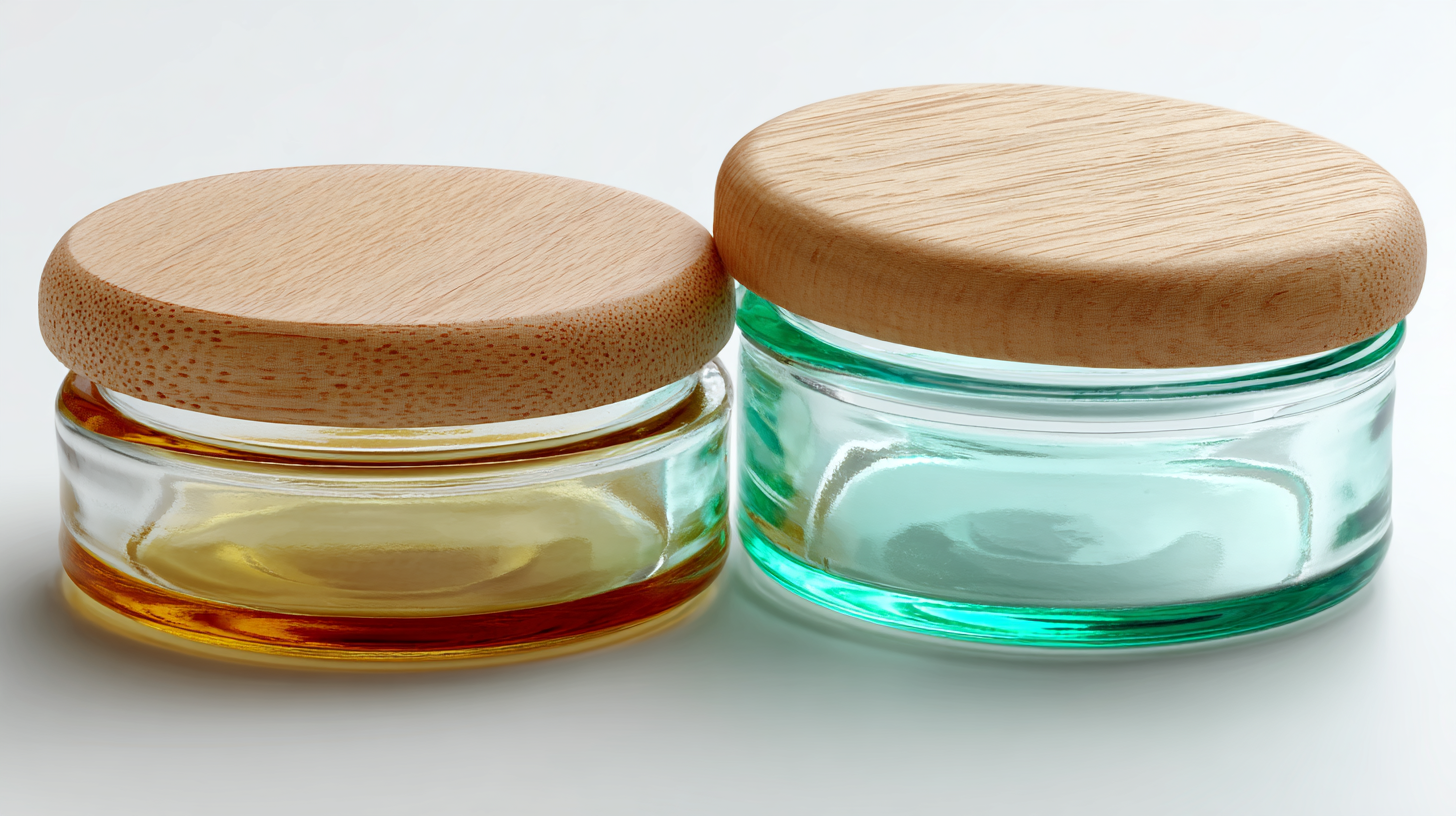
In recent years, the food storage industry has witnessed a significant shift towards eco-friendly solutions. Consumers are increasingly seeking sustainable alternatives to traditional plastic containers, driven by growing awareness about environmental issues. According to a report by Grand View Research, the global market for eco-friendly food storage solutions is projected to reach $29.4 billion by 2025, reflecting an annual growth rate of over 5.3%. This trend highlights a rising preference for products that minimize plastic waste and promote greener living.
Glass sealing lids have emerged as a favored choice among eco-conscious consumers. Not only do they provide airtight seals that keep food fresher for longer, but they are also reusable and recyclable, reducing the need for disposable containers. A survey conducted by Nielsen revealed that 73% of consumers are willing to pay more for sustainable packaging options. As such, companies are innovating their product lines to align with these consumer preferences, introducing durable glass options that combine functionality with environmental responsibility. The demand for such eco-friendly food storage solutions underscores a transformative shift towards sustainability within the food storage market.
In the world of kitchen storage, glass sealing lids have become increasingly popular due to their ability to maintain freshness and convenience. Consumer reviews reveal that the best glass sealing lids not only preserve the quality of food but also add a touch of elegance to storage solutions. Users often praise lids that create an airtight seal, preventing moisture and odors from affecting the contents. Many reviewers highlight specific brands that excel in durability and ease of use, making meal prep and storage more efficient.
Moreover, functionality plays a crucial role in consumer satisfaction. Customers appreciate lids that are easy to clean and dishwasher-safe, as these features enhance convenience. Reviews often touch on the versatility of glass sealing lids, suitable for various types of food and beverages. Users have noted how these lids help reduce food waste by keeping leftovers fresh for extended periods. Overall, the feedback from consumers suggests that investing in high-quality glass sealing lids is worth it for both practicality and aesthetic appeal in the kitchen.
| Product Name | Capacity | Material | User Rating (out of 5) | Pros | Cons |
|---|---|---|---|---|---|
| Glass Lid A | 1.5L | Borosilicate Glass | 4.8 | Durable, Easy to clean | May chip if dropped |
| Glass Lid B | 2.2L | Tempered Glass | 4.6 | Microwave safe, Lightweight | Not suitable for hot foods |
| Glass Lid C | 1L | Soda-Lime Glass | 4.9 | Eco-friendly, Stylish design | Fragile, Requires careful handling |
| Glass Lid D | 3L | Borosilicate Glass | 4.7 | Sturdy, Versatile use | Heavy, Not stackable |
| Glass Lid E | 2.5L | Heat-resistant Glass | 4.5 | Scratch-resistant, Great seal | Limited color options |
In 2023, the evolution of sealing technology has significantly impacted food preservation, making it easier than ever for consumers to enjoy freshness. The rise of sustainable materials in the production of glass sealing lids reflects a growing awareness of environmental concerns. Many manufacturers are shifting towards BPA-free plastics and silicone seals that not only enhance the sealing capability but also ensure safety for food storage. This trend resonates with eco-conscious consumers looking for reliable and sustainable options for their kitchen needs.
Moreover, advancements in design and functionality have led to innovative sealing mechanisms that minimize air exposure. Enhanced vacuum-sealing technologies and user-friendly designs are emerging, allowing consumers to seal their food quickly and efficiently. Some modern lids feature built-in indicators that signal when a seal is not secure, providing reassurance that food will remain fresh longer. These innovations demonstrate a commitment to convenience and quality, catering to the fast-paced lifestyles of today’s consumers while prioritizing effective food preservation.
